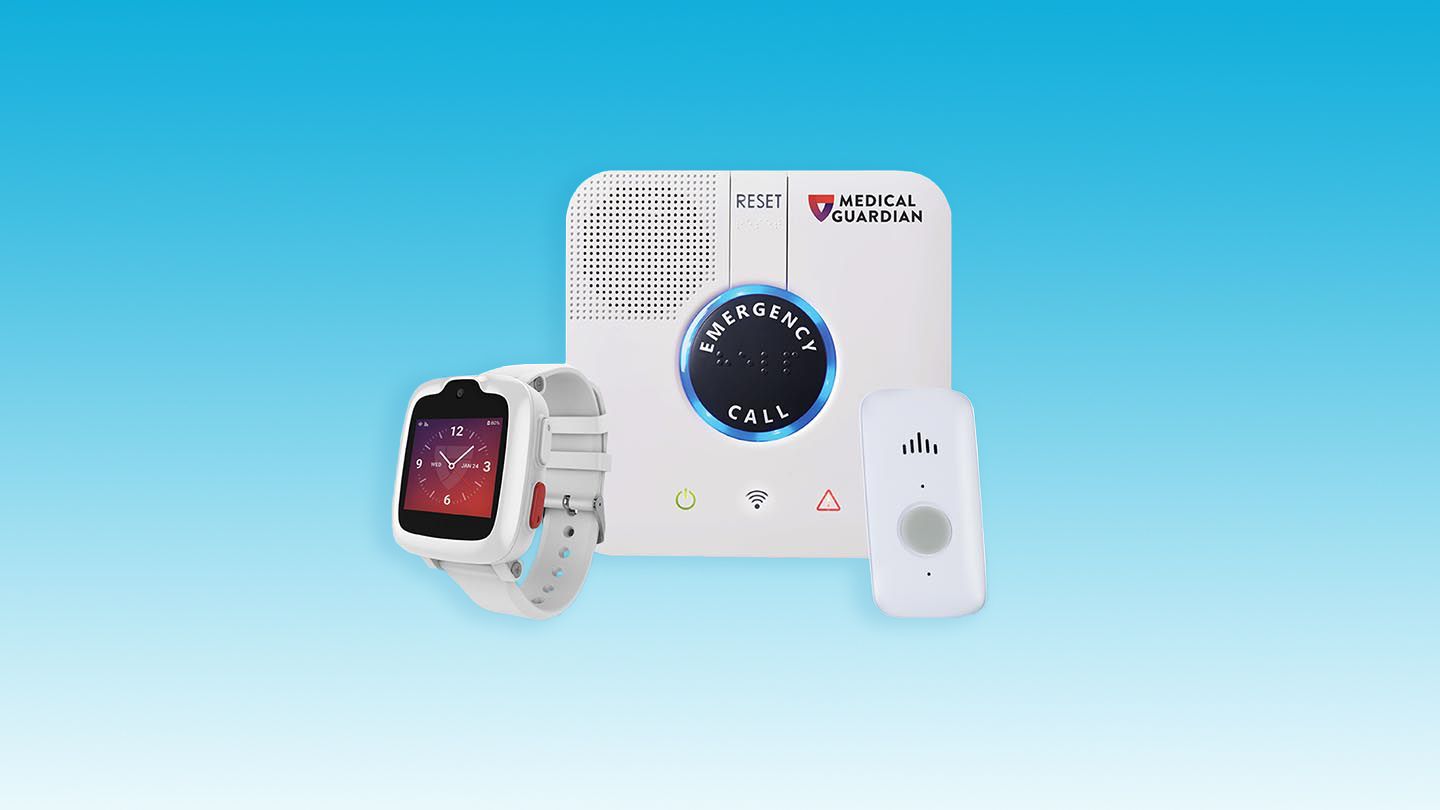Fruits and Vegetables Supplements: A Healthy Option?
Most people know that eating plenty of fresh fruits and vegetables is crucial for good health. However, many fall short of meeting the recommended daily intake. This has led to a boom in supplements that aim to fill the nutritional gaps left by a lack of produce in the diet.
But do fruits and vegetable supplements provide the same health benefits as the real thing? Here's a detailed look at how these supplements work and whether they live up to their claims.
Why Fruits and Veggies Matter
Fruits and vegetables contain a wealth of vitamins, minerals, fiber and plant compounds like polyphenols that have been linked to many health perks. These include:
- Lower risk of heart disease, stroke and cancer
- Improved digestion and gut health
- Better blood sugar control
- Healthy skin, hair and nails
- Reduced inflammation
- Sharper brain function
Research shows the more produce people eat, the lower their risk of chronic illness. But most fall short of eating enough.
Recommended Intake of Fruits and Vegetables
Major health organizations like the World Health Organization recommend a minimum of 400g per day of fruits and vegetables. That's around 5 servings.
However, studies show average intake is less than half that amount for adults worldwide. Only about 1 in 10 Americans eats enough produce.
Why People Don't Eat Enough Fruits and Veggies
There are many reasons why produce consumption tends to be low, including:
- Lack of access to affordable fresh produce
- Not enough time to shop for and prepare fruits and veggies
- Taste preferences for processed foods high in fat, salt and sugar
- Convenience of grabbing packaged snacks over whole foods
These barriers make it difficult for many people to increase their produce intake through diet alone. This has driven demand for an easier solution via supplements.
A Look at Common Fruit and Vegetable Supplements
Walk into any pharmacy or health food store and you'll see dozens of supplements aimed at helping people get more fruits and veggies in their day. These include:
1. Multivitamins
Most standard multivitamins provide at least some of the key vitamins and minerals found in produce, such as vitamins A, C and E. However, they lack the full spectrum of plant compounds.
2. Green Food Powders
Powders made from greens like spinach, kale and spirulina are rich in nutrients and chlorophyll. But they provide far less fiber than raw greens and may have added sweeteners.
3. Fruit and Veggie Juice Concentrates
These provide phytonutrients from produce extracts, but in isolated form. Whole fruits and veggies offer greater nutrient complexity and synergy.
4. Vegetable and Fruit Pills
Tablets made from fruit and vegetable powders offer nutrition in convenient form. However, the bioavailability of nutrients may be lower than in whole foods.
5. Freeze-Dried Fruit and Vegetable Powders
Some supplements use freeze drying to better preserve raw plant nutrients. But they still undergo processing and don't mimic whole food texture or fiber content.
Evaluating the Benefits of Fruit and Vegetable Supplements
Research on the effectiveness of produce pills and powders has been mixed. Some studies have found benefits, while others show minimal advantages compared to a placebo. There are a few factors to consider when assessing these supplements:
Nutrient Content
Some fruit and vegetable supplements provide 100% or more of the recommended daily intake for certain vitamins and minerals. They can help fill gaps if you struggle to eat produce. But supplements don't contain the full array of plant compounds.
Bioavailability
The body may not be able to absorb nutrients from supplements as readily as from whole foods with intact fiber. However, supplements still offer advantages over a diet completely devoid of produce.
Convenience
Popping a few pills is certainly easier than eating cups of broccoli and kale. Supplements offer a quick produce boost when your diet is lacking.
Cost
While not cheap, supplements may provide nutrients more cost-effectively than pricey organic fruits and veggies. Pills and powders last a long time too.
Possible Drawbacks
Some fruit and vegetable supplements may contain added sugars, artificial ingredients fillers. Check labels and opt for a whole food-based brand without unnecessary additives.
Tips for Reaping Maximum Benefit from Fruit and Vegetable Supplements
Used strategically, produce pills and powders can complement a healthy diet and help increase nutrient intake. Here are some best practices for selecting and using them:
1. Treat as Supplemental, Not Replacement
Don't rely on supplements alone. Make efforts to eat more fruits and veggies and use supplements to fill in gaps.
2. Look for Whole Food Ingredients
Choose supplements made from actual produce, not synthetic compounds. Prioritize organic ingredients whenever possible.
3. Mind Possible Interactions
Consult your doctor before taking fruit and vegetable supplements if you take medications or have health conditions. Some may interact.
4. Check Third Party Testing
Select supplements that have been independently lab tested for purity and potency. This ensures quality and safety.
5. Add to Smoothies and Juices
For maximum nutrient density, blend powders into your favorite smoothies, juices and protein shakes.
The Bottom Line on Fruit and Vegetable Supplements
Used strategically, high quality fruit and vegetable supplements can help fill nutrition gaps and provide benefits similar to produce. But they shouldn't replace eating whole plant foods.
For optimal health, make an effort to eat more fruits, veggies, nuts, seeds and beans. Supplement as needed with high quality, third party tested produce powders or capsules without unnecessary additives. Combining whole foods with strategic supplementation can offer the best of both worlds.
FAQs
Why take fruit and vegetable supplements?
Supplements help fill nutrition gaps if you struggle to eat enough produce. They provide nutrients in convenient form.
What are the main types of fruit and veggie supplements?
Common types include multivitamins, green superfood powders, fruit and vegetable concentrate pills, and freeze-dried fruit and veggie powders.
Are fruit and vegetable supplements as good as whole foods?
Supplements don't fully replace whole foods but can provide comparable nutrients when produce intake is low.
How do you pick a quality fruit and veggie supplement?
Look for whole food ingredients, third party testing, and no unnecessary additives. Organic is ideal.
Should you take fruit and vegetable supplements daily?
Supplements can be taken regularly to fill gaps but eating more real produce should still be a priority.
Disclaimer: This article is for informational purposes only and does not constitute medical advice. Always consult with a healthcare professional before starting any new treatment regimen.
Related Coverage
Find out how Medicare covers lisinopril, what your costs may be, and how to save on this essential blood pressure medication....
Learn how Medical Guardian medical alert systems work, pricing, features and more. Reviews and frequently asked questions to help decide if it's the right choice....
Get the facts on IV infusions Medicare coverage, including what's covered, out-of-pocket costs, and how to find approved providers....
Find out if Medicare hospice care covers 24-hour in-home support and what services are included under hospice benefits....
Embrace the power of superfoods and elevate your conscious lifestyle. Discover 15 nutrient-dense powerhouses that offer a wealth of benefits for your body, mind, and spirit....
Avoid unexpected Medicare Part B penalty costs. Calculate your potential fees and learn how to prevent lifelong premium increases....
Learn the importance of cleansing and exfoliating skin. Get tips for choosing the right facial cleansers and exfoliators for your skin type and how to properly exfoliate your face and body....
As bladder cancer progresses, pain, urinary problems, fatigue, and other issues arise. Expect pain, appetite loss, infections, kidney failure, and breathing changes near death....
Learn how to choose the best glycemic index (gi) brands of bread, cereal, pasta and more for managing blood sugar if you have diabetes or prediabetes....
Explore the 10 things your doctor may not tell you about the dying process, shedding light on the scientific, emotional, and spiritual aspects of mortality....








